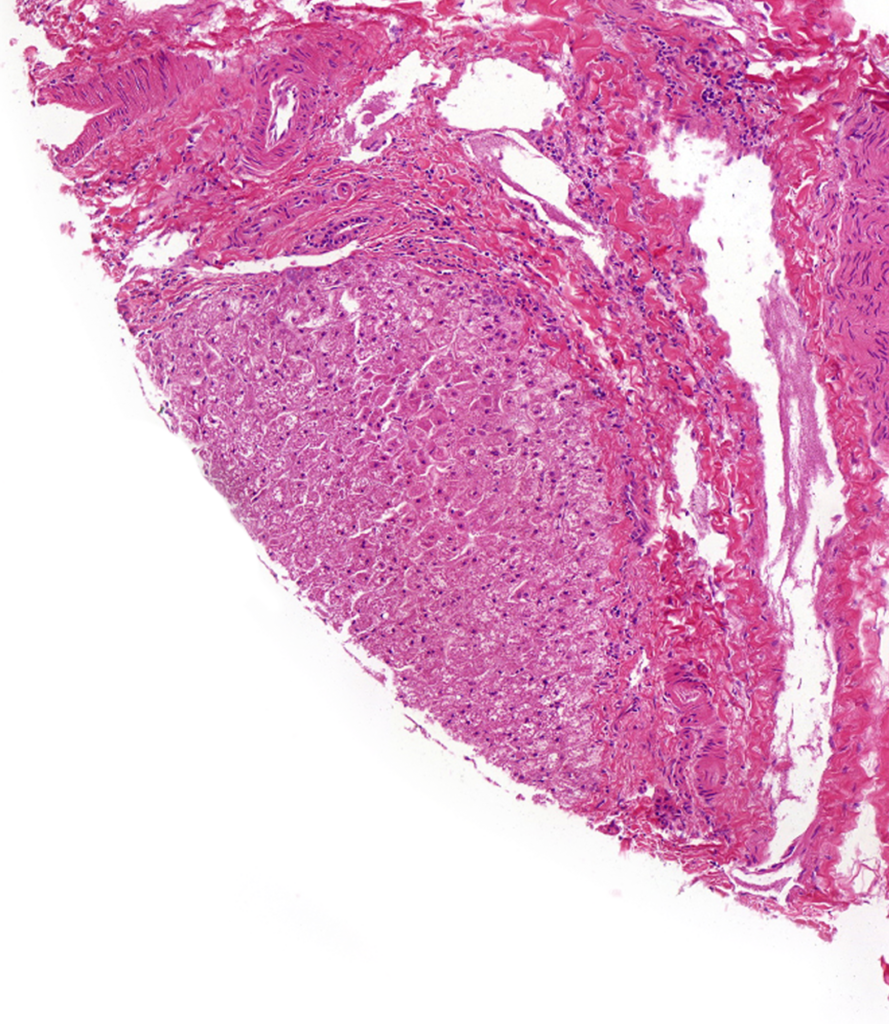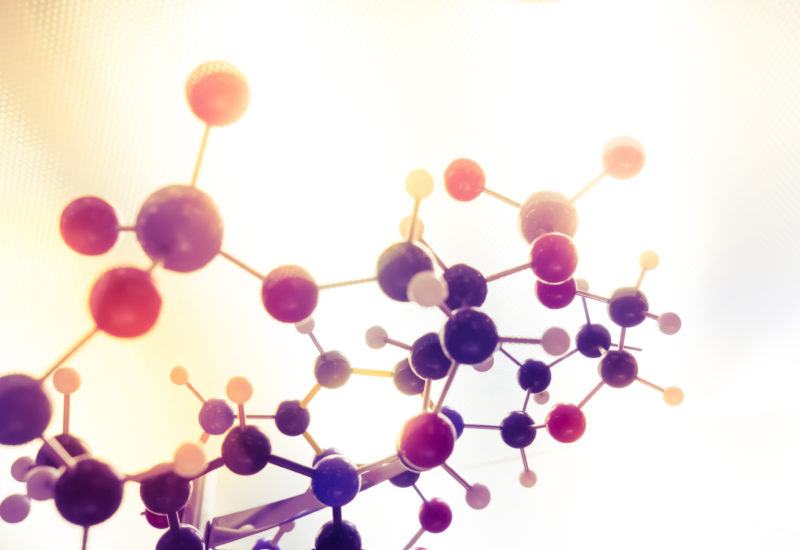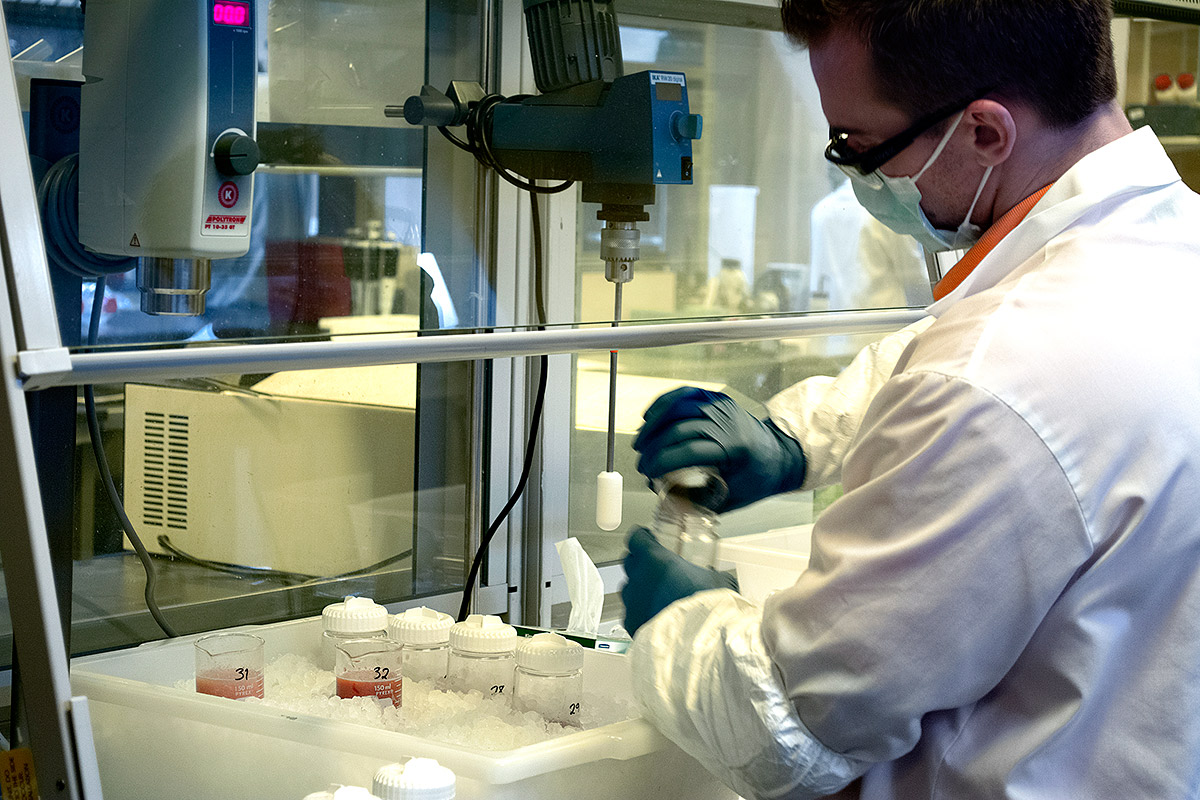Lysosomes are organelles isolated from human liver tissue and are a main site of degradation, or catabolism, within the cell. Purified fractions show superior lysosomal enzymatic activity compared to microsomes and S9 with low contaminating activity from mitochondrial enzymes and can be used as an effective test system in drug development to evaluate lysosomal stability of large molecule biopharmaceuticals and macromolecules.

Human Liver Lysosomes
Available Human Liver Lysosomes
Our Approach to Providing Lysosomes for Catabolism Experiments
Human liver lysosomes provide a high-quality, specific, relevant, easy and ready to use in vitro test system to monitor stability/catabolism of targeted biotherapeutics. Human hepatic lysosomes are more predictive in vitro reagents than individual purified proteins, as multiple enzymes or physical characteristics may synergistically affect the stability of biomolecules.
Purified recombinant enzymes, cell homogenates or cell lines engineered to overexpress certain proteins cannot replicate the environment that compounds will encounter in the native lysosome, nor do they take into account inherent differences between primary human tissue and cell lines. Our specially prepared, purified hepatic lysosomes offer a complete and stoichiometrically correct enrichment of lysosomal contents from human primary tissue for greater lysosomal specific enzymatic activity and enrichment of lysosomal proteins with low contaminating activity from mitochondrial enzymes.

To ensure maximal results, our team has developed a lysosomal isolation protocol which has been optimized through characterization by immunoblot, enzymatic activity, and protease content. We have also formulated a specialized buffer recommended for use with any in vitro assay using lysosomes or tritosomes.
Animal Liver Lysosomes
We also offer tritosomes isolated from rodent hepatic cells. Rat liver tritosomes are hepatic lysosomes that have been loaded with Tyloxapol (Triton WR 1339), a non-ionic surfactant. Tyloxapol-containing lysosomes exhibit decreased density and can be more efficiently isolated away from mitochondria and contaminating cellular organelles that have overlapping densities with native lysosomes. Mouse liver tritosomes may also be prepared by our Custom Products team.
Optimize lysosomal activity with our 10x Catabolism Buffer
10x catabolism buffer has been formulated and optimized to extract the most in vitro catabolic performance from isolated human lysosomes and rat tritosomes. All of the catabolic data presented in our published scientific posters rely on this specially formulated buffer, optimized to facilitate maximum catabolic activity in lysosomal assays. Read more in our IgG Catabolism Protocol – Lysosome / Tritosome Technical Tips.
Scientific Content: In Vitro Applications of Human Liver Lysosomes
Poster: In vitro characterization of human liver lysosomes isolated from fresh tissue
Webinar: Tritosomes and Lysosomes for Characterization of Biologic Drugs

